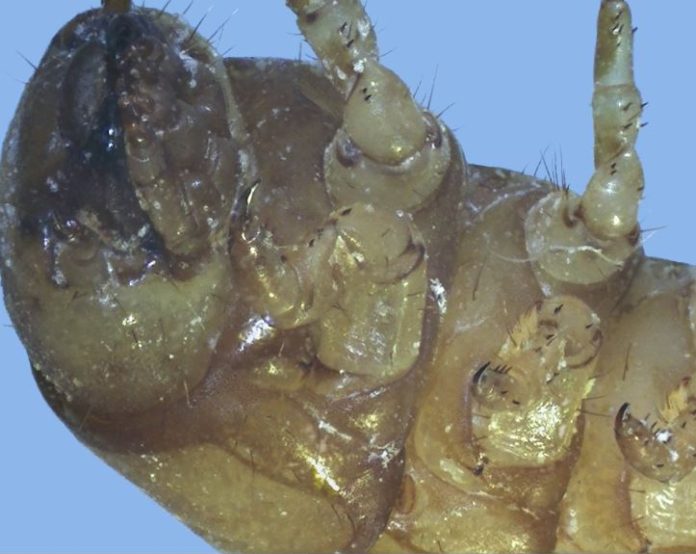A United Kingdom has called for hunger-stricken African nations to develop the practice of eating edible insects.
In a US$58 000 project, a part of Foreign, Commonwealth and Development Office aims “to promote the production of insects for human food and for use in the manufacture of animal feeds”, according to The Guardian newspaper report.
The project is expected to run from March to December 2022 and is currently in operation in the North and South Kivu provinces of the Democratic Republic of Congo (DRC).
Catholic Agency for Overseas Development (CAFOD), a charity based in England and Wales is funding the project. The organisation in a response to the publication stated that it was wrong to claim that “the programme is encouraging people to eat insects”.
Primarily, a cattle farming is the main occupation of inhabitants of the aforementioned regions.
However, the increase in population and scarcity of resources mean that tremendous strain is being put on water supplies, required in large quantities for beef farming.
Thus, the project, at least on paper attempts to reduce the reliance on such natural resources by stating that insect-eating requires less land and water than conventional livestock.
African caterpillars, migratory locusts, and black soldier flies are some of the insect delicacies put on the menu for the locals to eat.
Insects are a good source of high-quality animal protein. As a result, in many regions of Africa, edible insects are a part of the basic diet.
As for South Kivu, the ground zero of the project, 23 species of insects are consumed. African palm weevil, the litter beetle, termites and crickets are some of the edible insect species consumed here.
The United Nation’s World Food Programme (WFP) in a report has stated that over 22 million inhabitants living in the Horn of Africa face the threat of starvation.








